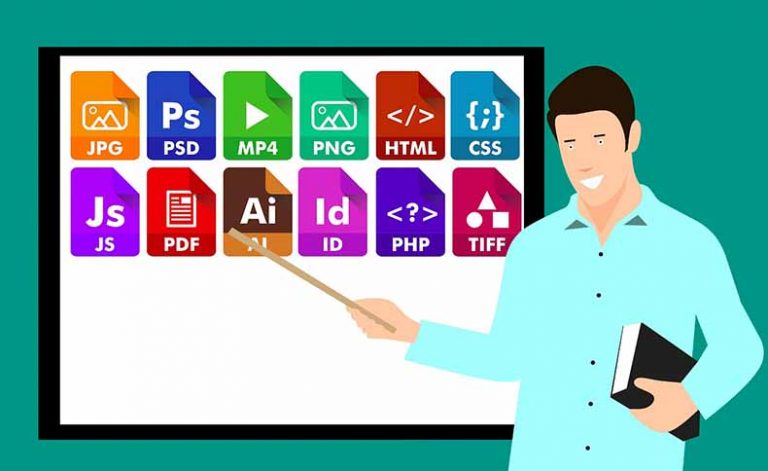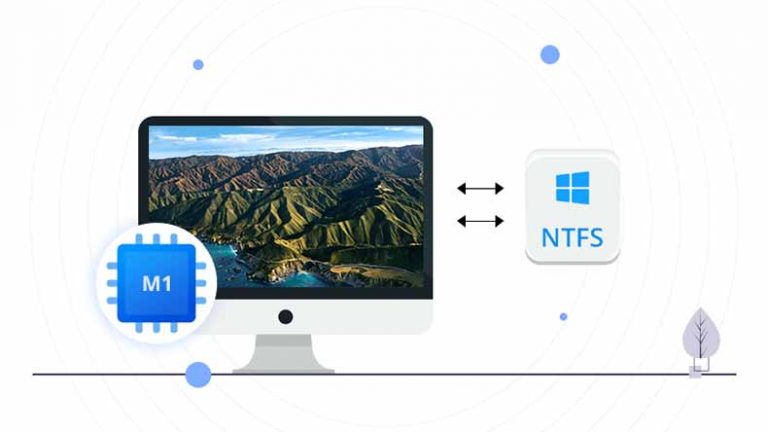7 Software Tools that Will Cut Costs for Your Small Business
It’s always helpful to know how to cut business costs, regardless of how much money your firm earns. You can test a wide range of cost-cutting techniques, including outsourcing, tax management, modifying your business plan, or HR policy. All of those strategies may or may not be effective, but implementing new technologies will undoubtedly change the situation.
Whatever the size of your organization is, or the industry in which it works, you can always cut costs by creating custom software. You can collaborate with a software product development company to design an application; the company’s experts will assist you in selecting the best application for your requirements, developing it, and teaching your staff how to use it.
Here are 7 ready-to-use top software applications for decreasing costs. They are essential for maintaining a successful business.
1. Wave. To control its finances, any business requires reliable accounting tools. But since accounting software can be expensive, Wave is an excellent alternative. You may analyze your revenues and costs with Wave, and it also lets you create income reports. From Wave’s interface, you can quickly keep an eye on how your company is going. Additionally, Wave provides consumers with the ability to set up recurring billing and limitless free invoices.
2. Shopify. Lack of online presence is one of the main reasons why 90% of all startups fail. Shopify is a ready-made e-commerce business solution. Server administration, front-end design, implementation of payment gateways, and reliable technical support – Shopify can cope with all these things. You gain access to the cutting-edge software technologies that enable you to outpace your competitors. The Shopify ecosystem also allows you to add customized features with a single click.
3. Google Analytics. One of the most valuable instruments you can use for your small business is this app. It’s free, and it provides you with a wealth of information that enables you to assess your online efficacy and pinpoint your target markets. You may examine who viewed your website from different countries as well as how frequently they visit using Google Analytics. You’ll be able to rapidly compile useful information on the visitors to your website and how to turn them into clients.
4. Canva. You should try it if you constantly design social media or advertising visuals. It is a free to use online tool. It has more than 250,000 widgets and more than 100 different design styles. The best part is that you may add teammates and work simultaneously in its free version. Using Canva, company members can make remarks and schedule work.
5. HootSuite. You need a mechanism to plan articles and keep track of your profiles if social networking is a part of your business model. The free version has some restrictions: only 2 accounts can be connected at the same time, and 5 posts can be scheduled within a 30-days period. But if you like this app, you can subscribe to the paid version.
6. Slack. One of the greatest tools for communication within the organization is this one. It enables you to speak with your staff without getting bogged down in lengthy email chains. You can create distinct conversations for the various divisions of your company, and you can even ask customers to enter. You may send individual messages, share documents, and make group messaging. Additionally, you can start an audio and video chat.
7. Wrike. Even organizations like Google use it as a project management tool. The free version is perfect for small businesses. It has a lot of useful tools like task administration or interactive boards. Wrike is available on the web, on desktop computers, and via smartphone apps. You may handle different components of your business using the interactive board. Additionally, Wrike integrates with cloud services.







